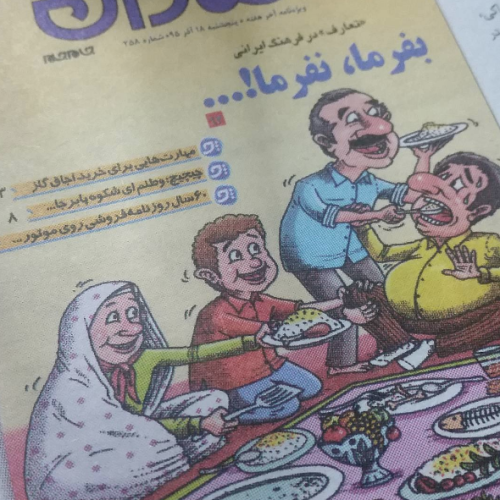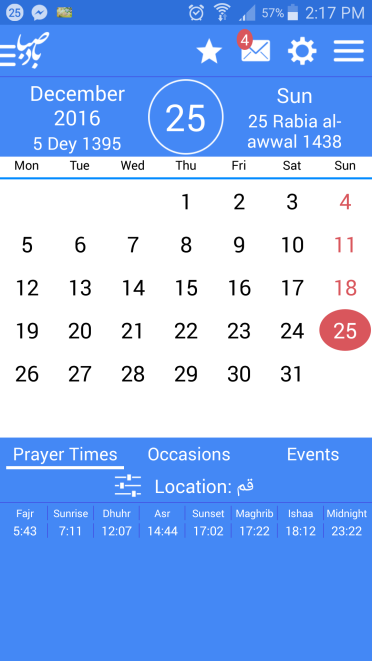It’s summertime and alhamdulillah we are able to spend another summer visiting family back in the states. The month of Ramadan started soon after we arrived in New York, and we were busy fasting and trying to keep the kids busy while in vacation mode, when we heard the devastating news out of Tehran.
My husband told me right around the time of Fajr prayers.
“There was a bomb in the parliament building in Tehran.”
And a few minutes later…
“And a bomb blast at Imam Khomeini’s shrine.”
My heart sank. I couldn’t believe my ears. Bombs? Deaths? Injured? During Ramadan? Why? Who?
Slowly as the news reports came filing in, I couldn’t stop thinking about Tehran. First we heard 6 killed, then 12, and finally 17. There were dozens wounded. Closed circuit TV tapes showed Iranians running for cover with an armed man following them at close range with a gun.
Afterwards when I saw coverage of the funeral processions for those killed, my heart bled. I could only think about the families left behind with questions. Those killed who were fasting. They died a senseless death. And all thanks to the powers who only think about themselves, and what can benefit their own countries.
“Millat Iran darad harkat mi konad va peesh mi ravad; een tarqebaazi haaye ham ke imrooz shod, een ha ham dar iraadeye mardom taseeri nakhwahad guzasht.”
“The people of Iran are moving and going forward. These firecrackers that happened today, these also will not have any effect on the will and determination of the people.”
-Rahbar e moazzam, Ayatollah Syed Ali Khamenei
Yes, I am not Iranian. But for the past almost 5 years Iran has been my home. It’s where my kids go to school. It’s where we have made a community of many like us who have traveled from all over the world to study Islam in Qom.
I have to say I never ever thought about this kind of stuff happening in Qom. We live in relative peace in Iran. Sure we heard of the stories of Iranian guards stopping Daesh cells at the border, or potential attacks in the country, but that was all. With all Iran is called these days they do a pretty damn good job protecting their own. We don’t have to worry about a random crazy person shooting up a school, or a grocery store. We don’t have to think about a cop stopping a driver and beating them senseless. We don’t think about kids bringing weapons to school and hurting other kids.
It’s just not a problem we have to worry about.
And it is also one of the issues I have with some Iranians who often wonder with awe why we bothered to leave the “great nation of America” to live in Iran. Well doesn’t every country have their issues? Doesn’t every nation have their strengths and weaknesses? Why is it that Iran must be terrible because of rules of hijab and America is great because there is no hijab? You have Imam don’t you? You have the blood of shaheed that saved your country from being a toy in the hands of imperialists. Doesn’t any of that matter?
Thinking about you Tehran, and having just passed Imam Khomeini’s shrine about a month ago. We were going to visit but didn’t have time….
There will never be a perfect country. There will always be problems and issues that will make the other side look a whole bunch greener. But every country has to strive for a better day. And every country should fight those who try to meddle in their affairs. Every sovereign nation has a right to pick their own leaders, and deal with their own issues their way, without having another country funding dissent, or overthrowing leaders or supporting terror attacks.
I will say this: Sanctions stink, but they have made Iran stronger. They have showed the true resolve of the Iranian people. They have taught them that you might have to struggle but at least you won’t have to succumb to lapdog status.
And that, in itself, is a victory.
“Millat Iran darad harkat mi konad va peesh mi ravad; een tarqebaazi haaye ham ke imrooz shod, een ha ham dar iraadeye mardom taseeri nakhwahad guzasht.”
“The people of Iran are moving and going forward. These firecrackers that happened today, these also will not have any effect on the will and determination of the people.”
-Rahbar e moazzam, Ayatollah Syed Ali Khamenei


